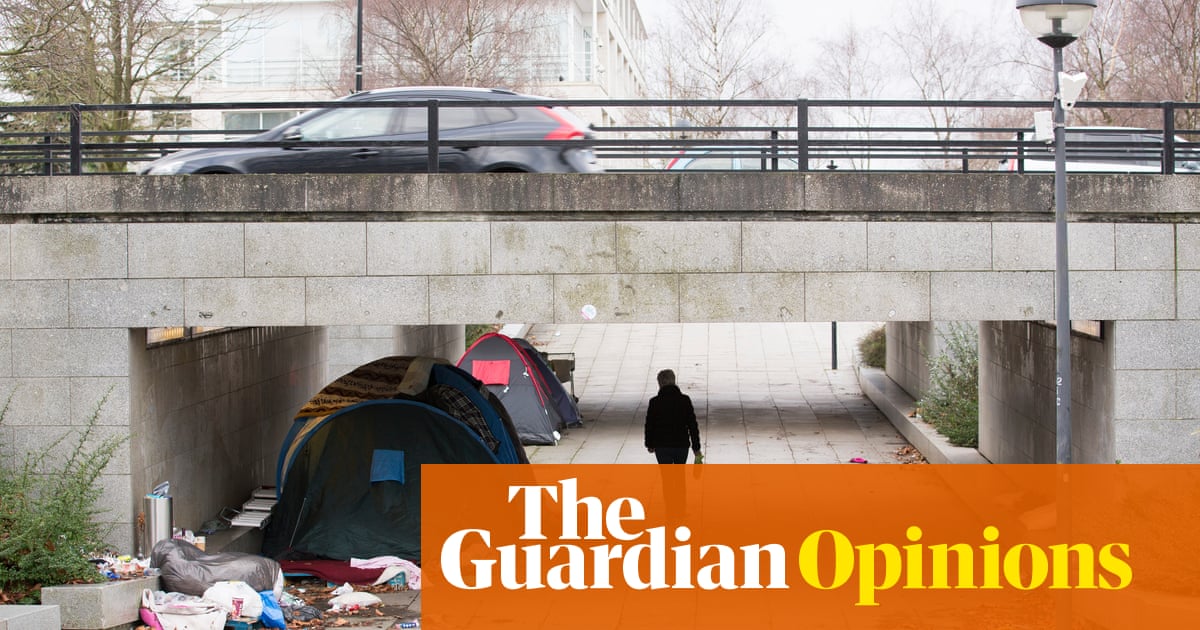
Abandoning so-called ‘woke’ issues would hand the right victory in its culture war
t’s the woke what lost it. Corbynism’s Waterloo can be explained as a long-deserved revolt against the tyranny of a censorious, oh-so-superior progressive left, which hounded anyone who dared question its elitist social norms. Alienated by the assault on their sacred traditional values by the metropolitan-quinoa-Taliban, Labour’s working-class base tore the red wall down.
Here, at least, is a narrative that has emerged since the party’s devastating rout, most recently aired in a report by Tory pollster Lord Ashcroft. The party “had come to embody an excessively politically correct or ‘woke’ culture,” the report deduces from focus groups, with objections including the claim “You’re a bigot if you don’t agree there are 125 different genders”, and disapproval at Jeremy Corbyn for declaring his pronouns.
In truth, this story of a supposedly central conflict between “ordinary” Britons and social progressives is nothing new. The idea of a “white working class” – defined by whiteness and social values rather than by an economic relationship – came into vogue in the late 2000s, with the Daily Telegraph describing them as “Britain’s betrayed tribe”, claiming they’d been “pushed to the margins by the politicians” for whom they had voted for generations because of New Labour’s “divisive and wasteful” promotion of multiculturalism.
Today, siren voices demand that Labour learn from its defeat by throwing off the “yoke of the woke”. The Tories indeed intend to pour accelerant on the so-called “culture war” – a euphemism for stoking resentment at minorities and their struggles for equality. This was evidenced by their contrived fury at the court of appeal blocking the deportation of people who came here as children over convictions including drug offences. Yet Labour’s historic mission – however inconsistent it has sometimes been – needs restating: to advance the interests of working people and to combat oppression against women and minorities. That was always based on the recognition that the working class on the one hand and women and minorities on the other were not separate categories, but impossible to disentangle. That’s why Clement Attlee was a founding member of the Homosexual Law Reform Society, and why under Labour’s watch laws partially decriminalised homosexuality, legalised abortion, forbade discrimination against women and minorities, and finally repealed all anti-gay laws.
Guardian Today: the headlines, the analysis, the debate - sent direct to you
Read more
As such, Labour has always been pilloried for championing minorities and women. In the 1980s, Labour councils were described by the press as the “loony left” for advocating for LGBTQ rights. In 1987, Neil Kinnock’s then press officer, Patricia Hewitt, wrote a letter warning that “the ‘loony Labour left’ is taking its toll: the gay and lesbians issue is costing us dear among the pensioners”. It is indeed worth noting that in 1987, two-thirds of Britons felt that same-sex relations were “always wrong”. Should Labour therefore have thrown LGBTQ people under a bus as a matter of electoral expedience in the late 1980s?
Few would now admit they think Labour should have done as such now: but just look at what has become perhaps the totemic issue of so-called “woke” politics – trans rights. The tunes being played against trans people today are straight from the press campaigns against gay and bisexual people in the 1980s and 1990s. Piers Morgan has expressed his shame over describing EastEnders’ first gay kiss as a “homosexual love scene between yuppie poofs” in the 1980s, but lacks the reflection to wonder whether he will be driven to make the same apologies in 30 years over his rants about gender.
Long before the Corbyn era, New Labour found itself demonised as the high priests of “political correctness”: who can forget Harriet Harman parodied as “Harriet Harperson”, and the likes of Peter Hitchens claiming they were achieving their revolutionary aims through “political correctness” and “open borders”. Not that New Labour should be absolved of their role in today’s backlash. They stopped talking about the working class, but championed the rights of LGBTQ people and women, creating the false impression that they were mutually exclusive; they presided over a growing housing crisis, which allowed the right to claim that working-class people were forced to compete for scarce resources with foreigners; and as people from EU accession states came to the UK, they refused to make a pro-migrant argument. All of this fed the myth that the interests of working-class people and minorities were counterposed: that “you only care about them, you don’t care about us”.
I am not prepared to tell trans women they are less valid
Gaby Hinsliff
Gaby Hinsliff
Read more
Whoever becomes Labour leader, the voices demanding a tack to the right on social issues must be resisted. It would be a betrayal of Labour’s fundamental purpose. It erases the reality of the modern working class, which includes women, people of colour and indeed people who are LGBTQ. It also conjures up an utterly patronising caricature of the working class. The real divide on social issues isn’t based around class, but rather age: younger working-class and middle-class people are significantly more socially progressive than their parents, let alone their grandparents.
And while the under-40s are voting for Labour in unprecedented numbers, they are less partisan than previous generations, and will gladly defect if Labour shifts right on women and minorities. Stand your ground: granting the right victory in its so-called “culture war” is a recipe for both moral and political suicide.












